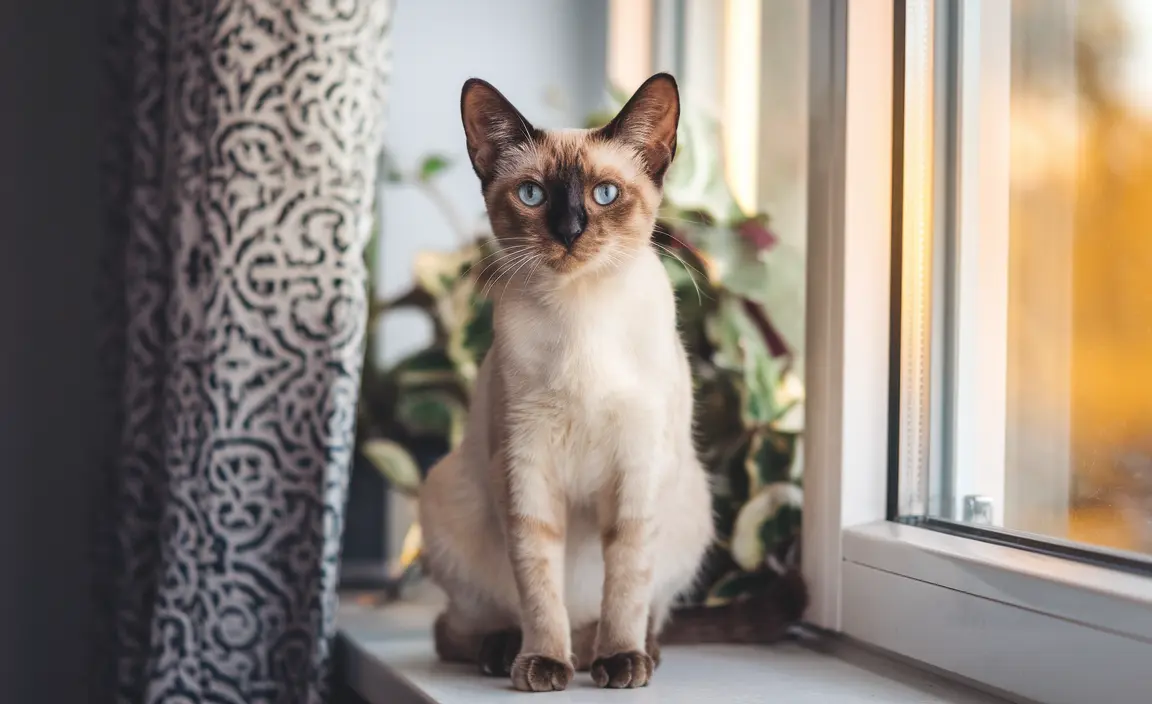Discovering your beloved cat is missing can be an emotionally devastating experience that leaves pet owners feeling helpless, anxious, and overwhelmed. The sudden absence of a furry family member creates a unique type of grief that challenges even the most resilient individuals. This guide offers compassionate, practical advice to help you navigate the difficult journey of searching for your lost cat while managing your emotional well-being.
Whether your cat has been missing for hours or days, understanding the right approach can make a significant difference in reuniting with your cherished companion. From emotional coping mechanisms to strategic search techniques, we'll provide a comprehensive roadmap to support you during this challenging time.
Understanding the Emotional Impact of a Missing Cat
When a cat goes missing, the emotional toll can be profound. Many pet owners experience a rollercoaster of emotions, including intense worry, guilt, and heart-wrenching anxiety. It's crucial to recognize that these feelings are normal and valid. The bond between humans and their feline companions runs deep, making the potential loss feel like a significant personal crisis.
Managing Emotional Stress
Coping with a missing cat requires a multi-faceted approach to emotional well-being. Practice self-compassion and allow yourself to experience your emotions without judgment. Techniques such as meditation, deep breathing exercises, and mindfulness can help manage stress and prevent emotional exhaustion.
Consider these emotional support strategies:
- Seek support from friends, family, or pet loss support groups
- Practice daily self-care routines
- Allow yourself breaks from intensive searching
- Maintain a positive but realistic outlook
Effective Search Strategies for Finding Your Lost Cat
A systematic and comprehensive search approach increases the likelihood of finding your missing cat. Expand your search radius and utilize multiple communication channels to maximize your chances of a reunion.
Practical Search Techniques
Implement these practical search strategies to improve your chances of locating your cat:
- Create and distribute detailed lost cat posters
- Use social media platforms to spread the word
- Contact local animal shelters and veterinary clinics
- Set up wildlife cameras in your neighborhood
- Place familiar items like your cat's bed or litter box outside
Leveraging Technology and Community Support
Modern technology and community networks can be powerful tools in your search. Utilize neighborhood apps, local Facebook groups, and community bulletin boards to share information about your missing cat. Consider creating a dedicated search hashtag and sharing recent photos that clearly show your cat's distinctive features.
Maintaining Hope and Resilience
The search for a missing cat can be emotionally draining, but maintaining hope is crucial. Many cats have been successfully reunited with their families after extended periods, sometimes weeks or even months after initially going missing.
Staying Motivated During the Search
Keep your spirits high by:
- Reading success stories of lost cats returning home
- Focusing on actions you can control
- Avoiding self-blame or negative thought patterns
- Celebrating small victories in your search efforts
Frequently Asked Questions
What are the most effective ways to search for a missing cat in my neighborhood?
Start by creating detailed lost cat posters with clear, recent photos. Distribute these in your immediate neighborhood and surrounding areas. Use social media platforms, local community groups, and contact animal shelters. Set up wildlife cameras and place familiar-smelling items outside to potentially attract your cat home.
How can I manage the emotional stress and grief when my cat goes missing?
Acknowledge your emotions as valid and normal. Practice self-care through meditation, exercise, and maintaining a support network. Consider joining pet loss support groups or speaking with a counselor who understands the deep bond between humans and their pets.
Why might my lost cat not respond when I call or meow for them?
Cats may not respond due to fear, disorientation, or being trapped. They might be hiding in a location where they feel safe but cannot easily hear or reach you. Continue calling periodically and leave out familiar-smelling items that might attract them.
How can familiar scents and items help in bringing a lost cat back home?
Cats have a strong sense of smell and are drawn to familiar scents. Placing items like used clothing, cat beds, or litter boxes outside can help guide your cat back home by providing recognizable markers of safety and comfort.
What practical steps should I take to organize and sustain a long-term search for my missing cat?
Maintain a detailed log of your search efforts, including dates, locations, and contacts made. Create a systematic approach to searching, including regular poster updates, ongoing social media communication, and continued engagement with local animal services.






